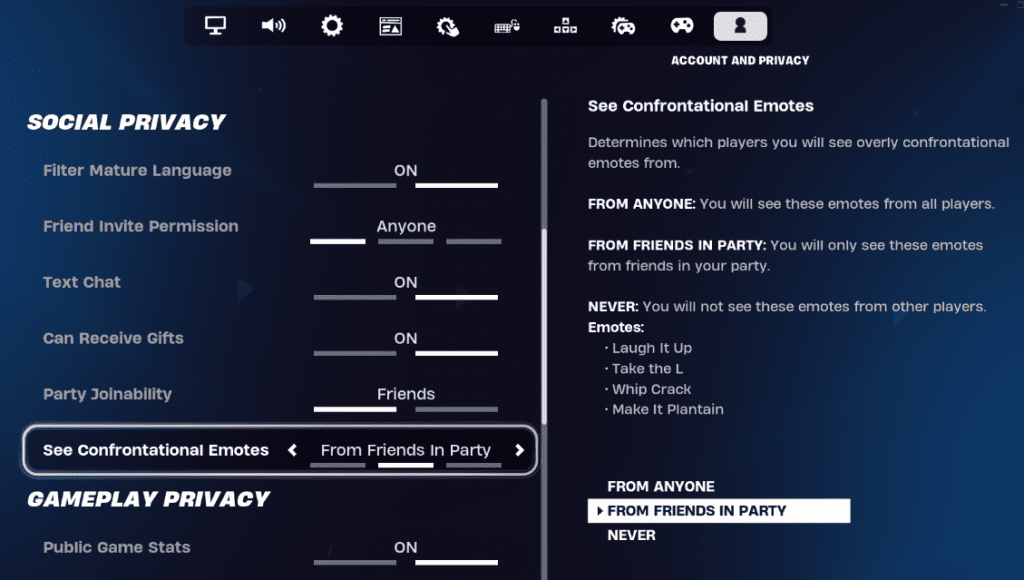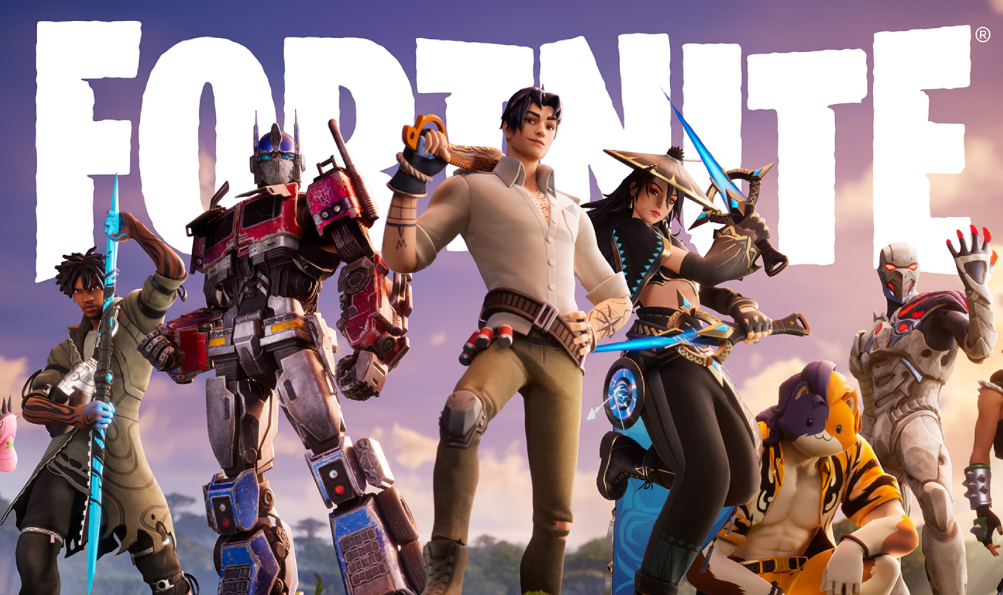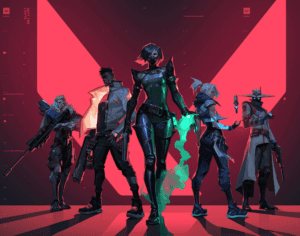Fortnite’s recent update has brought a new setting allowing players to hide confrontational emotes, sparking a lively debate within the gaming community. This addition addresses concerns about in-game interactions and player experiences, leading to varied reactions and discussions among Fortnite enthusiasts. Let’s dive into the details of this feature update and the reactions it has elicited from players.
Fortnite’s latest update, v29.30, introduces a groundbreaking feature allowing players to manage their gaming experience through the new ‘Confrontational Emotes’ setting. This development aims to address concerns related to certain emotes that may be perceived as confrontational, offering players more control over their in-game interactions.
The v29.30 update, released on April 23, includes the ‘Confrontational Emotes’ setting, enabling players to toggle visibility on specific emotes. Emotes like “Laugh It Up,” “Take the L,” “Whipcrack,” and “Make It Plantain” fall under this setting, allowing players to choose whether to see them from anyone, friends in a party, or not at all.

Epic Games emphasizes that while players can hide these emotes, it doesn’t restrict their ability to use them. However, others who have disabled these emotes won’t witness their animations or sound effects.
Navigating Social Privacy Settings:

Players can access the ‘See Confrontational Emotes’ setting under ‘Social Privacy’ within Fortnite settings menu. By default, the setting is configured to show these emotes only from friends in your party, providing a balanced approach between inclusivity and personal preferences.
Community Reception and Impact:
The introduction of the ‘Confrontational Emotes’ setting has sparked mixed reactions within the Fortnite community. While some express surprise at the option to block specific emotes, others appreciate the added control and the potential to mitigate confrontational encounters during gameplay.
Fortnite’s introduction of a setting to hide confrontational emotes reflects a proactive approach to addressing player concerns while promoting a welcoming gaming environment. The ensuing debates and discussions among players highlight the evolving dynamics of social interactions and player experiences within popular multiplayer games like Fortnite.



